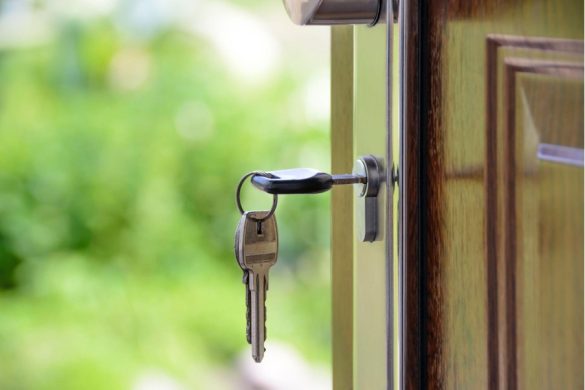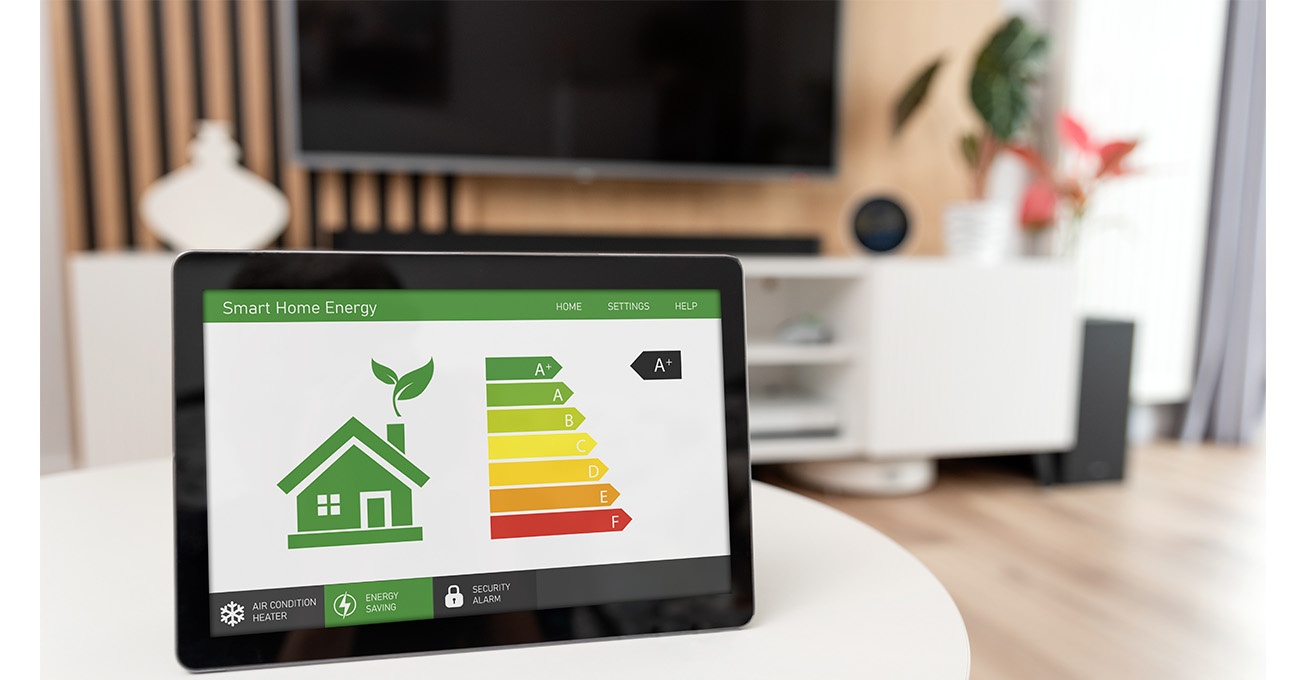
Photo Credit: PhotoMIX Company / Pexels
Welcome homeowners and let’s take a look at why routine house safety inspections are so crucial when it comes to safeguarding your precious abode.
We’re about to embark on a journey that unveils the significance of these inspections.
What Are House Safety Inspections?
House safety inspections are evaluations that carefully examine the soundness and security features of your home. In these inspections, experts equipped with checklists meticulously assess every aspect of your property. However you can do safety inspections yourself if you know what to look for. And with the availability of online references, you can easily learn what’re the things you need to include in your own house safety inspection checklist.
Why Regular Inspections Are Crucial
Like living things, houses also experience wear and tear as time goes by. Conducting regular inspections is an approach to identify any potential risks before they become significant problems. These inspections act as a warning system that’ll help us prevent disasters in the future.
The Legal Perspective
House safety isn’t just a matter of personal preference but an obligation to a lot of jurisdictions. Government and local authorities have a set of rules and standards set in place with the aim of ensuring that all residents in the community are safe. And of course, ignoring these requirements can have consequences that should not be taken lightly. Apart from the harm and damage to your property, noncompliance with safety regulations can result in legal penalties or even the suspension of your right to live there.
A Variety of Safety Inspections
House safety inspections encompass a comprehensive array of areas that collectively contribute to the overall well-being of your home. These vital areas include:
Systems Inspection: This kind of inspection examines the performance of systems in your house, like electricity, plumbing and HVAC. Its purpose is to make sure that these systems work effectively and don’t pose any safety risks.
Gas Lines Assessment: Ensuring gas inspections is vital to detecting and resolving any leaks or problems in your gas lines. This is crucial to prevent accidents or dangers related to gas that could put the safety of your home at risk.
fall protection or height safety: Roof safety inspections are included in this category. Primarily aim to safeguard against falls from areas. It is crucial to prioritize the maintenance of fall protection systems, guardrails and roof anchors to prevent accidents and injuries effectively while accessing elevated areas of your property.
Structural Integrity Evaluation: Inspecting the integrity of a house is crucial when assessing its safety. This process includes conducting an examination of elements such as foundations, walls and load-bearing components. The main objective of this inspection is to identify any indications of damage or vulnerabilities that could potentially jeopardize the stability and overall safety of your home.
Each of these inspections has the purpose of working together to create a safety net that safeguards your home from dangers and provides a secure environment for you and your family. By addressing each of these aspects you can enhance the safety and durability of your house.
DIY vs. Professional Inspections
The age-old question remains: is it better to conduct inspections or hire professionals? While there are advantages to doing it yourself, professionals offer their expertise. They have the ability to identify safety issues that may go unnoticed by individuals. Striking the balance between DIY inspections and seeking help is of utmost importance.
Timing Your Inspections
It’s important to consider the changing seasons and unique characteristics of your home when planning safety inspections. You need to know when to address issues; for example, scheduling a roof inspection before the rainy season can help you identify and fix any leaks or damage ensuring your home remains watertight. Similarly during the winter months, it’s crucial to focus on heating systems and insulation to keep your home warm and energy efficient. Tailoring your inspection schedule based on the seasons and specific needs of your property shows that you care about its well-being throughout the year which ultimately improves its safety and longevity.
The Benefits of Regular Inspections
Having safety inspections for your house comes with benefits. It gives you peace of mind knowing that your home is safe and secure. Not that these inspections can save you money but they can prevent emotional distress. Furthermore, these inspections can even increase the value of your property making it an appealing investment.
Conclusion
Your house goes beyond being a building; it’s your haven. It’s the one place in the world where you’re supposed to feel the safest. That’s why regular inspections are like insurance on the well-being of your loved ones worth every penny. So take proactive steps and heed the call for safety so that you can give your cherished abode the protection it deserves.






